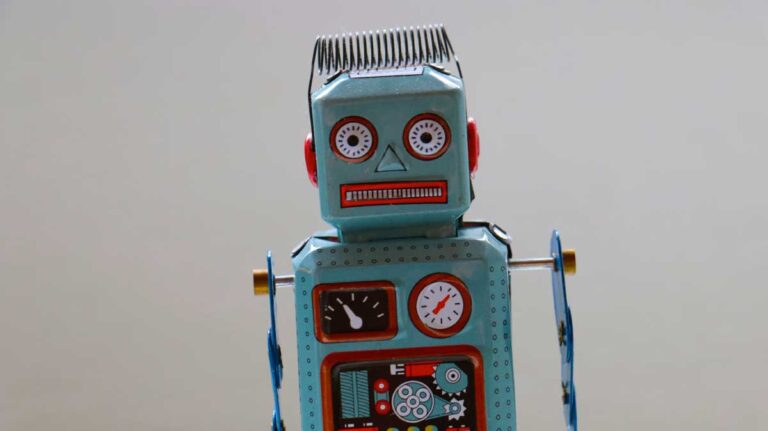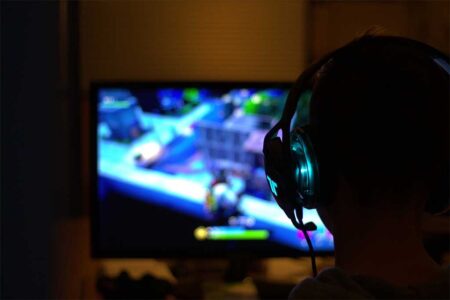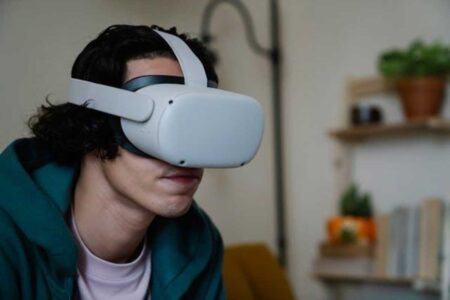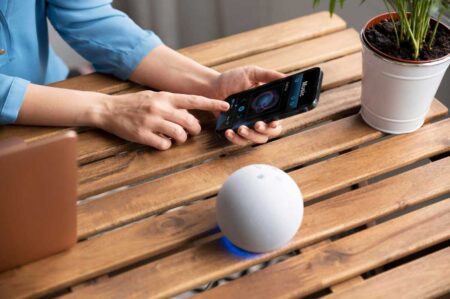The idea that we need people to push the technological frontier forward used to be taken for granted. Of course, you needed professors, researchers, and lab technicians to discover new science!
But that no longer looks like it is guaranteed. While it is likely that human scientists will play a role for a long time, machines are now increasingly pitching themselves as scientists, able to do what we do, only better. Eventually, you can imagine them replacing us outright – if they get good enough.
But what would this world look like if machines were calling the shots in R&D departments? What would lab automation look like taken to extremes? Let’s take a look:
Faster Progress
It’s likely that if machines were in charge of discovering any remaining science, progress would occur at breakneck speed. You’d have advancements across the board in a matter of weeks or months, not years or decades.
The reasons for this are well-known. Robots can make complex planning decisions, allowing them to make optimal use of the resources available to them. Machines and software can also toil day and night and don’t need a coffee break every couple of hours.
Then, there are the analytical advantages. Robots can simply process information faster than people, immediately testing new hypotheses and setting up experiments based on the results.
Elimination Of Bias
Robots might also be better at eliminating bias in scientific discovery than people. Machines don’t care whether they get null results or not: what matters to them is scientific truth.
That’s not to say they wouldn’t probe their findings to discover anomalies. That’s just good scientific practice. But if they don’t find any, they won’t shy away from publishing the results and getting the information out there, even if they find that there’s no effect.
More Breakdowns
At the same time, labs and research centers might experience more breakdowns. While robots might do things more efficiently than human researchers, they might also encounter mechanical issues that they can’t repair themselves.
Consequently, humans will likely remain a part of the laboratory picture for a while. While robots will do more of the testing and analysis, people might shift to robot design, maintenance, and programming. You might also need humans for critical thinking and creativity if the AI systems appear like they are living in a box or echo chamber.
The Spark Of Discovery
Finally, there are questions regarding the spark of discovery. Can robots really recreate human ingenuity and insight that makes the great scientific leaps forward possible?
Some analysts believe that today’s crop of AI machines won’t have the originality required to leave their training sets and forge new paths of knowledge into the unknown. Many imagine that they will make canned suggestions that simply cobble together information that’s already out there.
However, the counterargument is that machines are making progress on this front already. Contrary to popular opinion, the software may be better adapted to taking in numerous connections and basing hypotheses based on what it finds.









